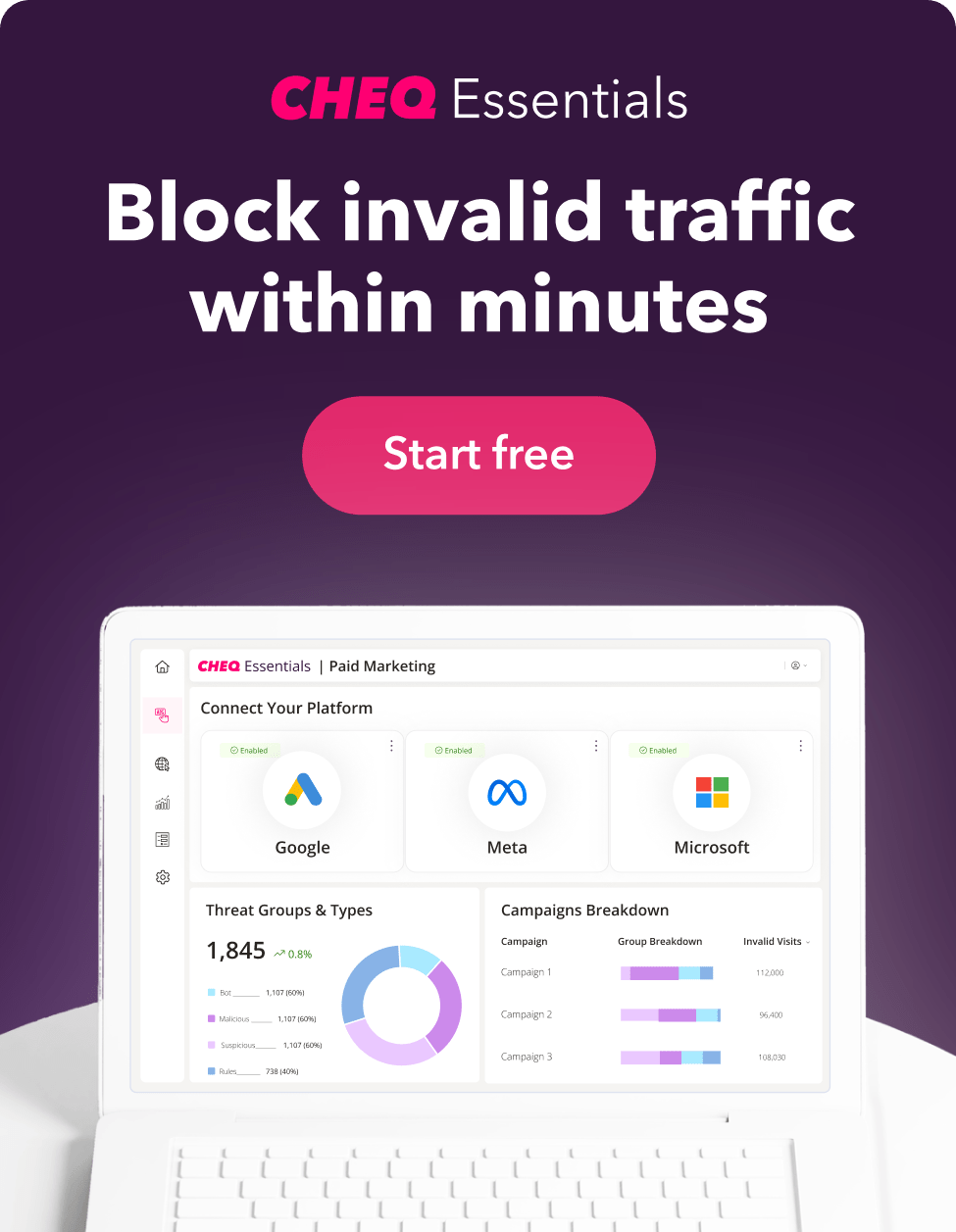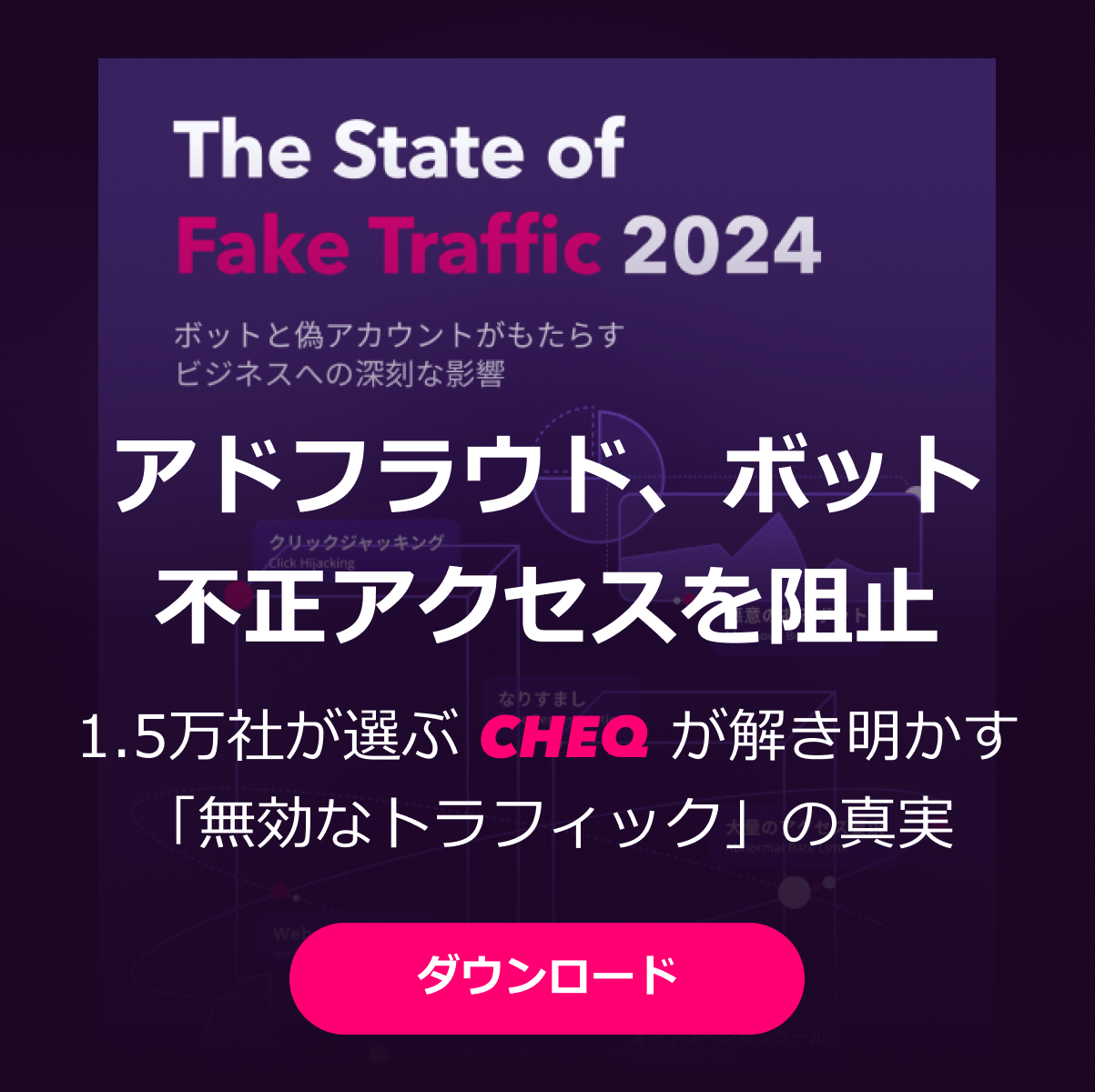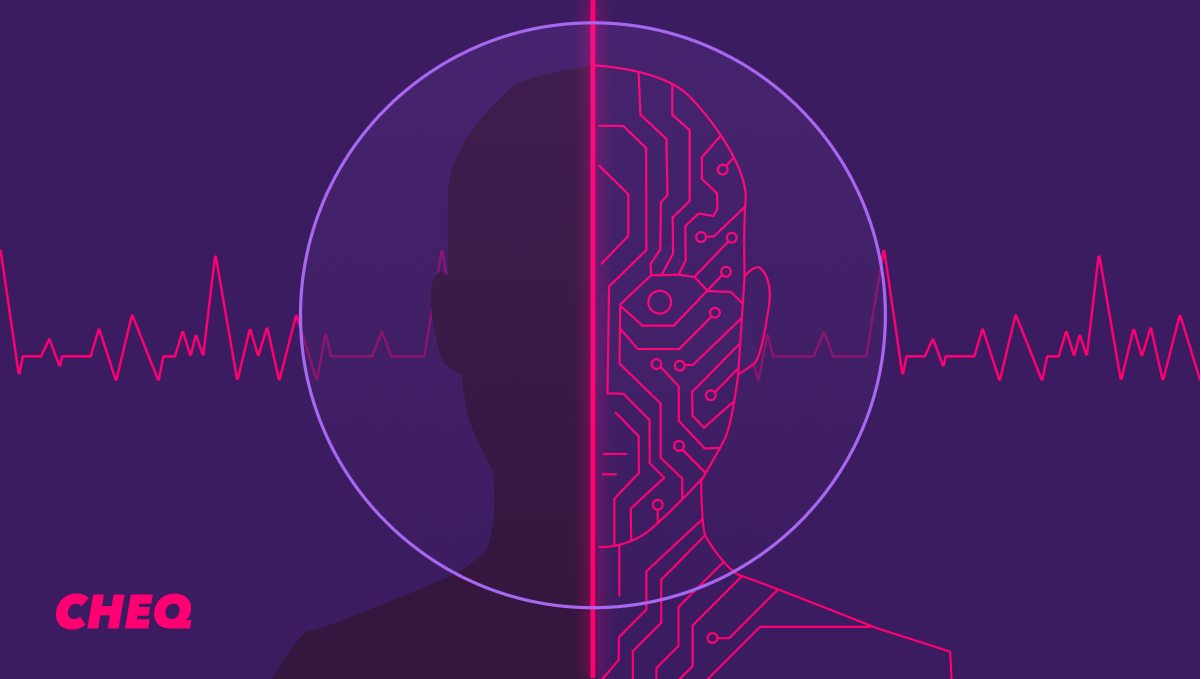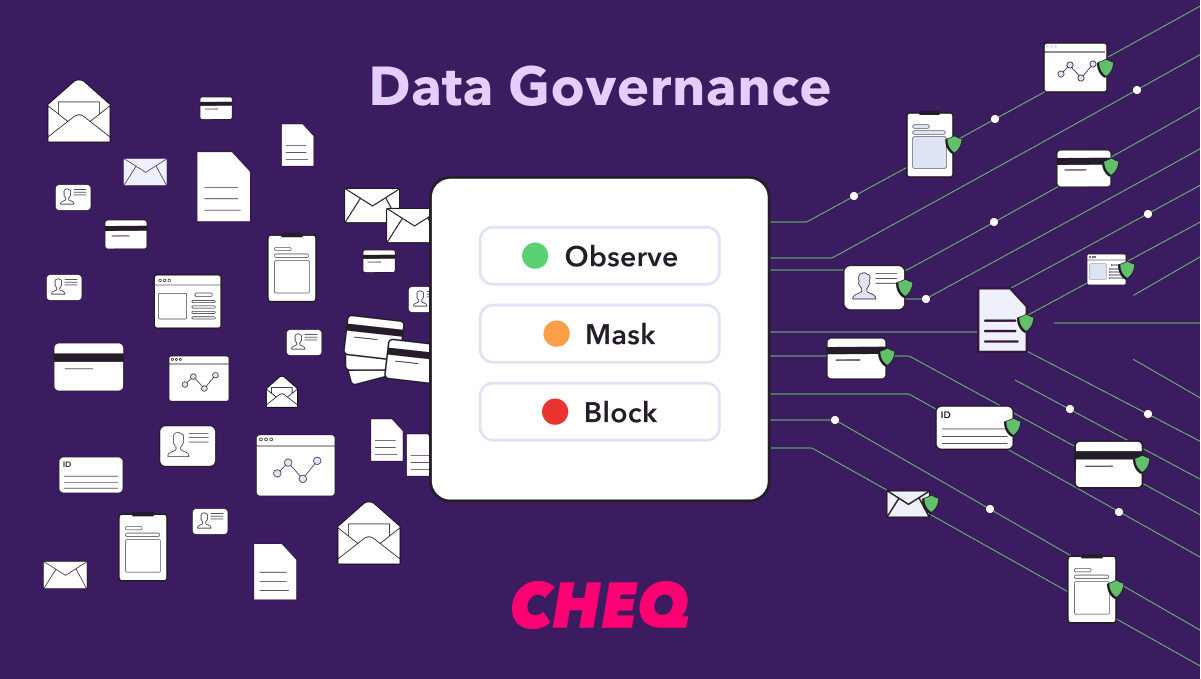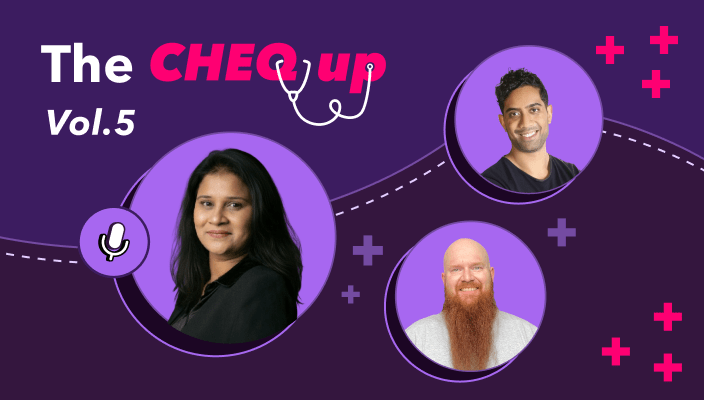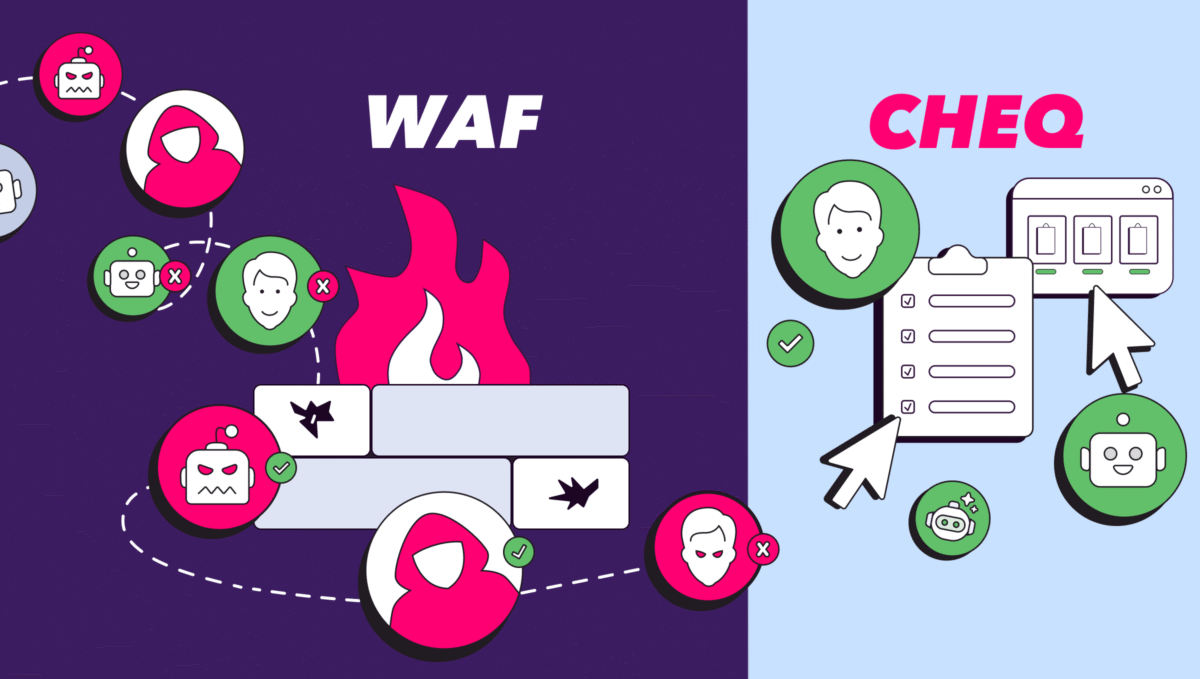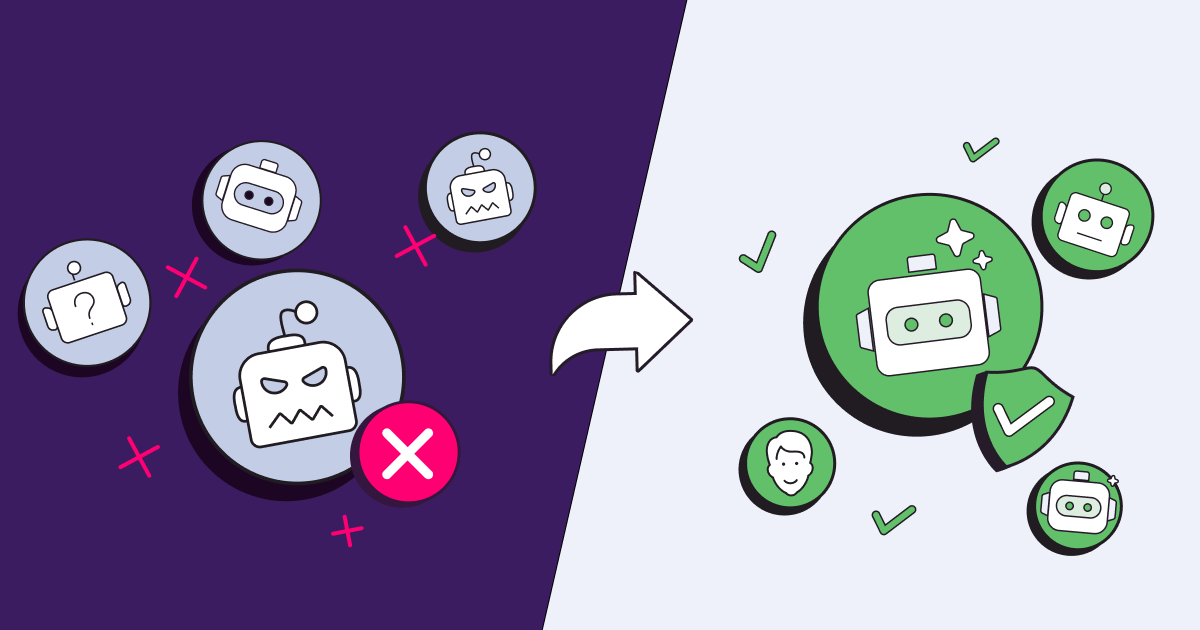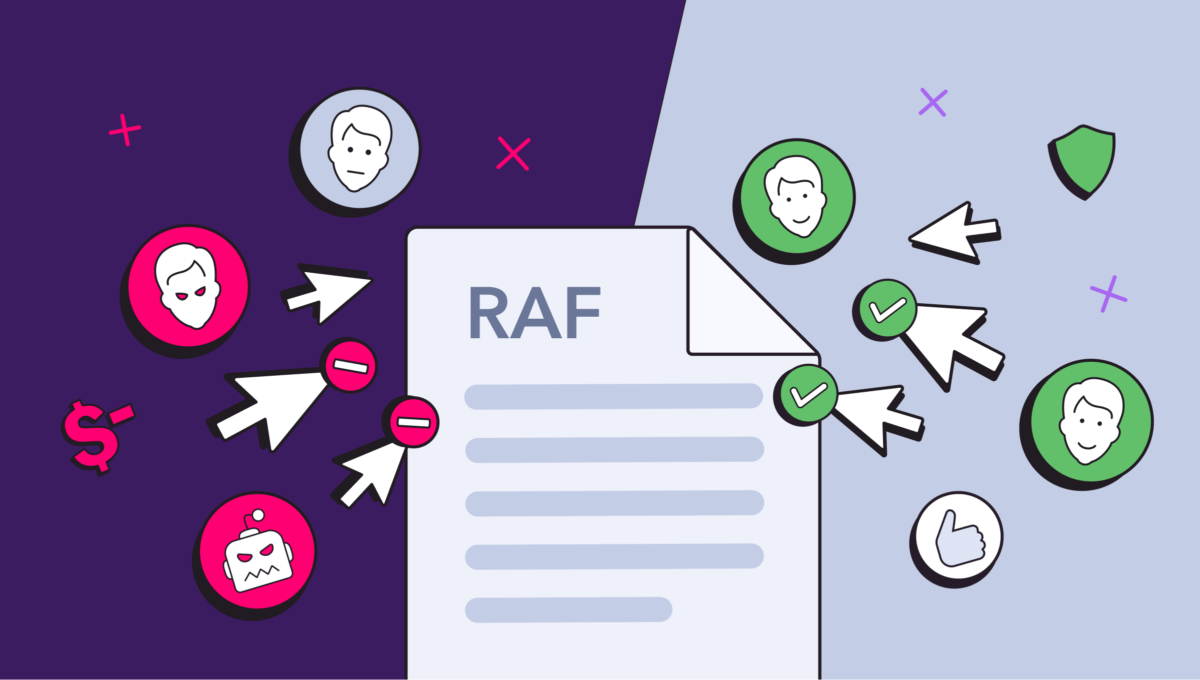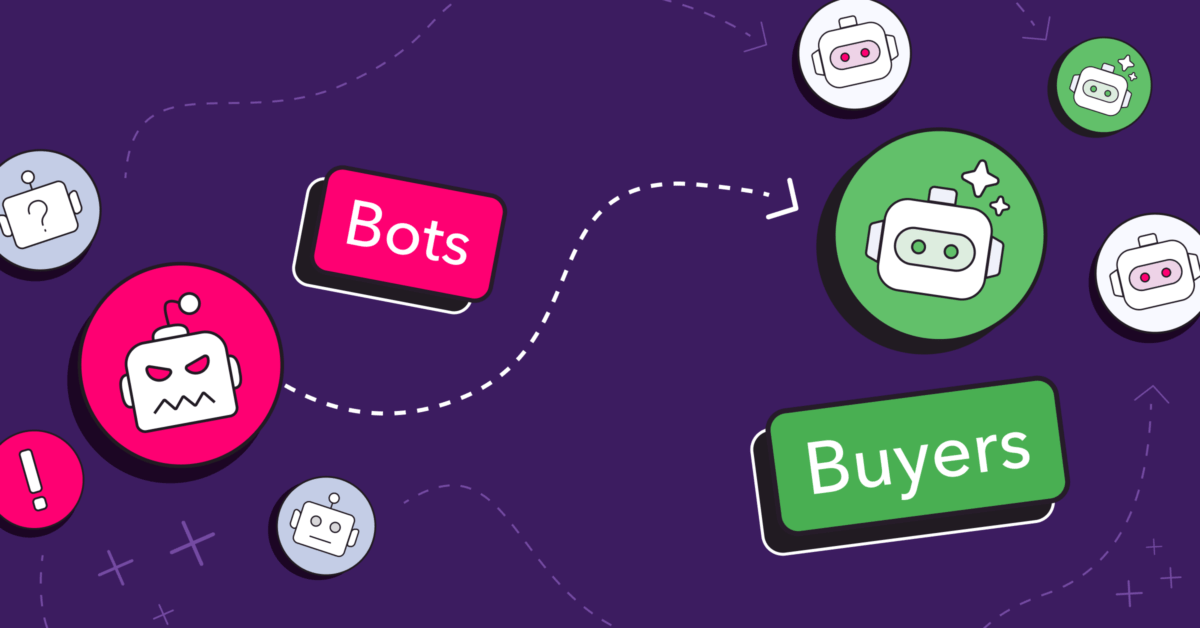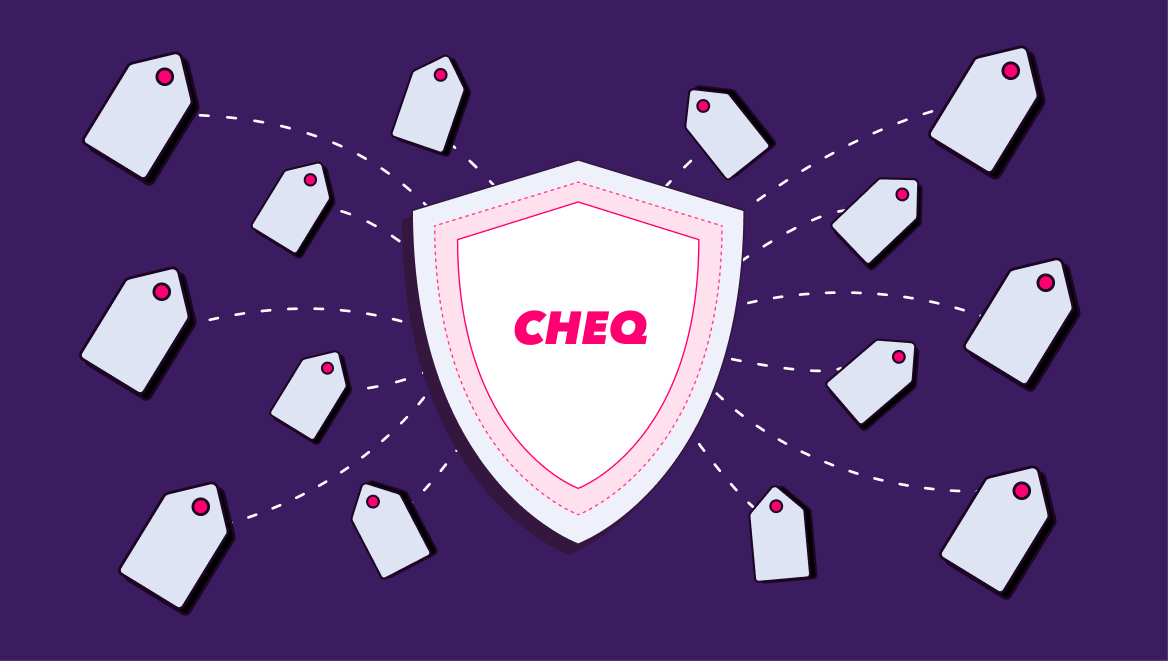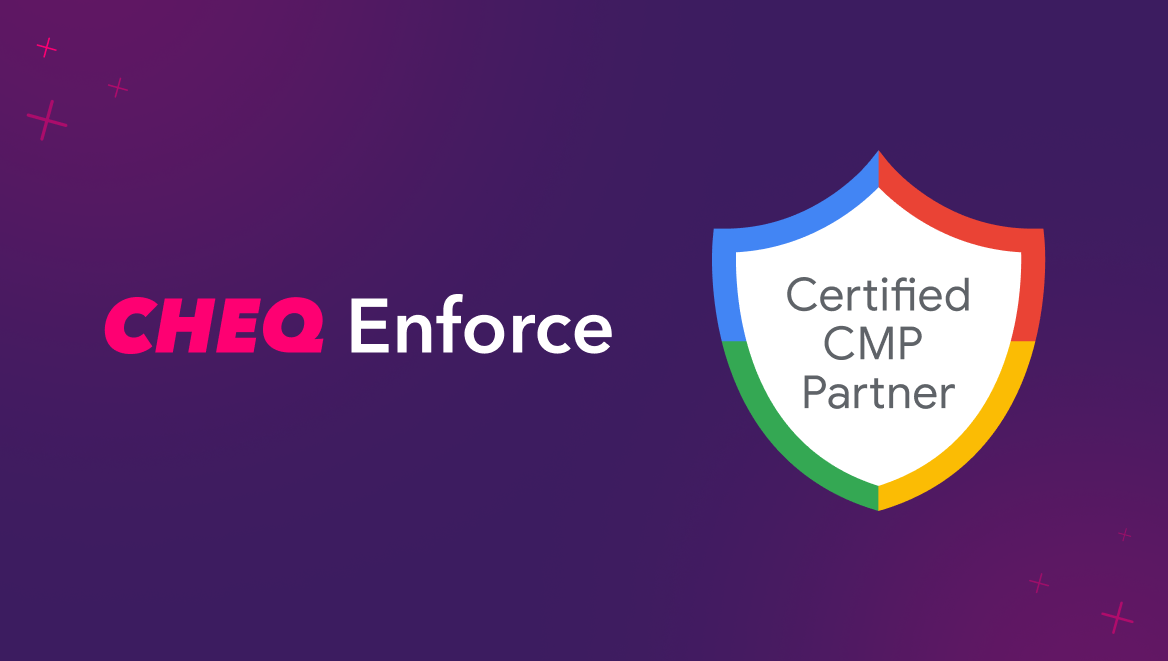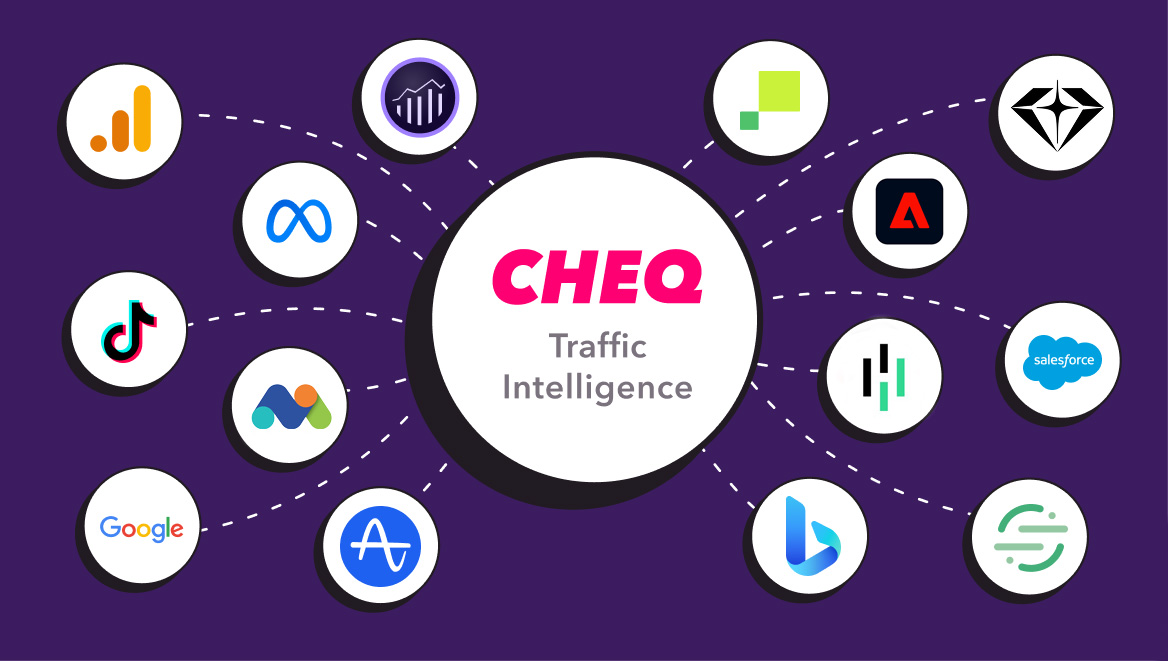5 Ways to Improve PPC Optimization with AI Tools
Sanja Trajcheva
|Marketing | August 29, 2023
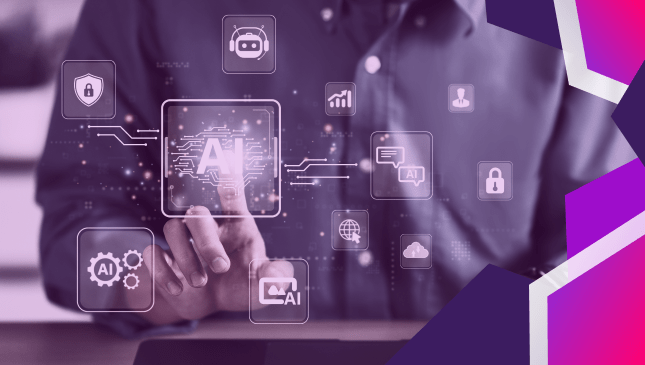
The PPC optimization process is a never-ending effort for advertisers. There’s always something worth testing, something that should be tweaked or can be improved. If you’re involved in creating PPC campaigns you’re already aware of how exhausting the process can be.
But here’s the exciting part – generative AI tools are everywhere now, transforming the way we work daily. And guess what? They open up a whole new world of opportunities to enhance your PPC ads and optimization too!
Whether you’re running Google Ads, Bing Ads, Facebook Ads, or any other paid advertising campaign, integrating AI tools can work wonders for their overall success.
Picture this: More clicks, increased sales, and higher ROI – all achievable with the help of AI. What’s even better, AI doesn’t stop at boosting ad results only. It also lowers the workload of your team, improving their efficacy and maximizing your resource utilization.
Let’s explore how you can harness the incredible potential of AI and achieve remarkable success in your advertising endeavors.
What is PPC optimization?
PPC optimization is the act of improving the performance of pay-per-click (PPC) campaigns. The process involves analyzing the campaign and finding patterns for adjustments. This could lead to edits on different elements of your ads and can be done on a campaign and ad group level.
Usually, more general campaign settings, like campaign goals or budgets, are optimized on a campaign level. When it comes to the specifics like ad copy, bids, audience, etc., we’re adjusting the ad groups.
The end goal is, of course, to see those KPIs shining in your reports. Higher Click-Through Rate (CTR), conversion rate, and Return on Investment (ROI) – this is when we know our PPC optimization efforts are hitting the mark.
Key areas for PPC optimization
Any PPC campaign consists of various elements – meaning there are various aspects that could be optimized. Each component can impact the campaign differently, so it’s important to have your campaign goals in mind to know where to focus your attention.
Here are some of the most important key areas of your PPC optimization checklist:
- Keyword optimization. Keywords are the foundation of any successful search campaign. You need to use the related keywords people are searching for and exclude them as negative, non-relevant ones.
- Ad copy optimization. Your ad copy is what will convince people to click on your ad. A compelling ad copy should be clear, concise, and persuasive.
- Bid management. You need to determine how much you are willing to pay for each click on your ad. This will depend on a number of factors, including the competition for your keywords and your budget.
- Landing page. Your landing pages must be relevant to your ad copy and be designed to convert visitors into customers. If you’re seeing traffic from your PPC ads but no conversions or high bounce rate, it might be a sign it’s time for some optimization.
- KPIs tracking. At the beginning of the campaign, you set the most relevant KPIs to track the campaign performance. Regularly monitoring its stats will help you determine whether and what optimizations might be required.
- Avoid invalid traffic (IVT) and ad fraud. PPC campaigns are an attractive target for fraudsters. Today, invalid traffic (IVT) makes up 40% of all web traffic, while 5.9% of paid traffic is fake. To make sure your ad budget is spent for real visitors only, you should block those invalid and bot-driven visits.
5 ways to optimize PPC ads using AI
AI can help improve your PPC campaign optimization in various ways. Basically, every single aspect of an ad could be enhanced with the use of AI tools in one way or another. Let’s explore them.
1. Keyword research
As a starting point for a search campaign, keyword research can often take more time than expected. You need to identify the right relevant keywords, analyze the search volumes, analyze the competitors bidding for the same ones, and finally, select your keywords.
An AI chat assistant, like ChatGPT or Bard, could simplify this process for you and make it more effective. It can generate a list of relevant keywords with great potential for high search volumes, purchase intent, and good conversion possibilities. Moreover, it might inspire you with new ideas you may not have thought of before.
As your campaign progresses, these AI tools will continue to be your helping hand. Whether it’s time to adjust your keyword strategy, set up new negative keywords, conduct A/B tests, or explore new keyword opportunities, they will help you take your optimization process to the next level.
2. Ad copy generation
Whenever you are out of ideas, want to tweak an existing copy, or can’t find a way to make it more persuasive, let AI step in and master your copy.
AI tools use natural language generation models and are capable of analyzing the psychology of your target audience’s needs. Based on this, they can generate a copy that’s highly personalized, responds better to your audience’s needs, and is more likely to drive traffic and conversions.
In addition to generating a single ad copy, AI tools can generate multiple copy variations for the same ad. This allows you to test different approaches and see what works best for your audience.
So if you’re looking for a way to improve your ad copy, give AI a try. You might be surprised at how well it works.
Here are some AI tools that can help specifically with ad copy for PPC campaigns:
- Copy.ai is a popular AI tool that can help you write persuasive ad copy. It can generate ad copies for various platforms, including Google Ads, Facebook Ads, and LinkedIn Ads.
- Jasper is another AI-powered tool that is known for its ability to generate creative and engaging ad copy.
- Persado uses natural language generation and machine learning to create personalized marketing content, including ad copy.
3. Bid management and budget optimization
When it comes to adjusting your bidding strategy, you can do this automatically within the advertising platform itself. Google ads, Facebook ads, and Bing ads all use machine learning methods, thanks to which you can create a rule that automatically adjusts your budget or bid for your ad sets.
In addition to that, there are a couple of great AI tools for bid management and budget optimization:
- WordStream is a useful and reliable tool for PPC campaigns and bid management. It uses machine learning to suggest bids that are likely to achieve your desired results.
- Acquisio‘s automated bid management tool takes into account factors such as your budget, your target CPA, or ROAS to suggest optimal bids for your ads.
- Adzooma is an AI-powered platform that centralizes all advertising steps, including bid and budget management, in one end-to-end workflow.
4. Audience segmentation and targeting
When starting a new campaign, you surely rely a lot on audience insights from past campaigns. This can be both limiting and time-consuming.
You need to invest some time to look at your old reports, analyze what worked well or not, and identify relevant audience segments. Moreover, you could miss new opportunities if you stick only to historical data and don’t take into consideration recent seasonality trends.
AI combines historical data, recent trends, and your internal data to come up with audience suggestions. It analyzes large sets of information available online, which helps them identify relevant audience groups you might haven’t thought of before.
Similar to bid management, most advertising platforms integrate AI-powered tools for audience analysis. For instance, platforms like Meta Ads offer features such as Lookalike audiences, and Google Ads provides Audience Insights. These tools are designed to enhance your understanding of your audience and refine your campaign strategies.
5. Predictive analytics
Thanks to past data, AI tools are capable of predicting your campaign flow and future outcomes. AI algorithms are used to analyze data and identify patterns, relationships, and correlations between different variables.
In the context of PPC campaigns, predictive analysis can be used to predict which keywords are most likely to convert, which ad copy is most likely to be clicked on, and which bids are most likely to lead to a positive return on investment (ROI).
15 ChatGPT prompts for PPC optimization
There’s no doubt that ChatGPT is still the most widely used AI tool. The greatest thing is that it’s not limited to one or two specific aspects of the PPC optimization process but seamlessly integrates into all stages. As a PPC marketer, you’ve likely explored its capabilities across various domains to improve your ads.
Here’s a list of some strategic ChatGPT prompts to enhance your toolkit:
- Suggest keywords to advertise this landing page: [landing page URL].
- List [number] keyword ideas to advertise about [product name].
- Find keywords similar to this one [keyword or list of keywords].
- Generate the most popular keywords for the topic of [topic].
- Brainstorm negative keywords for the topic of [topic].
- Group the following list of keywords in categories by search intent and category: [list of keywords].
- Create [number] ad groups for the following list of keywords: [list of keywords].
- Create ad copy for this product [product page URL] using these keywords: [list of keywords].
- I’m creating a Google search ad for [product or topic]. I need you to create [number] suggestions for the ad headline and description.
- I’m running a [type of your PPC ad] about [product or service]. I’m targeting [ad group] with this ad: [ad copy]. Adapt this ad copy for the ad group of [name of ad group+description]. It should include this keyword [targeted keyword].
- Rework the ad copy below to make the Call to Action (CTA) shorter, stronger, and more concise: [ad copy], CTA to be edited: [CTA].
- I’m running a [type of ad campaign] for [product/service]. Suggest audience groups that I can target based on [criteria].
- I’m running a [type of ad campaign] for [product/service]. My target audience is [audience specifics]. I need you to identify the most common pain points of this audience group associated with [your product/service] and generate [number] of ad copy suggestions based on this.
- I’m running a [type of ad campaign]. My target audience is [audience demographics, interests, etc.], and I’m targeting with these keywords [targeted keywords]. Generate hypotheses about what factors might affect the performance of my campaign.
- I want to run a creative display ad for [product or service] on social media. Suggest the best placements and platforms I should consider to attract potential customers.
Even if ChatGPT is still the most widely used AI tool, and probably one of the first options for you as well, let’s not forget the fact that it has access to information only until September 2021.
With this in mind, it’s good to be mindful that some prompts, like those for identifying target audience interests, or predictive analytics, might not generate the most accurate and up-to-date results. Therefore, it might be worth trying them on other AI tools, like Google’s Bard for example.
And remember, you should always be as specific as possible in your prompts. Don’t be afraid to experiment, modify your prompts, and test new ones. The more you test, the better you will understand what works and what doesn’t.
Conclusion
AI is evolving day after day, and we are lucky to witness the new opportunities it’s unfolding all around us. While we’re still exploring the possibilities of AI, we can already see the benefits it can bring when it comes to PPC campaigns.
If you’re open to implementing and testing new AI-driven techniques in your PPC campaigns daily, you’ll be able to experience these benefits sooner rather than later.
With effective use of these tools, you’ll surely be able to create more effective campaigns, reduce manual workload, and achieve better results in click-through rates (CTR), conversion rates, and overall return on investment (ROI).
While AI tools can definitely help you improve your or your client’s ad campaigns, you must also be aware of the online risks associated with PPC ads. Ad fraud is a growing problem, and Statista predicts that it will cost businesses 100$ billion globally in 2023.
So, if you’re investing a lot of time and resources in improving your ads, it’s also important to protect them from ad fraud. Only after you eliminate bot traffic or invalid clicks can you ensure your PPC optimization is worth the time and that the use of AI tools is not pointless.
You can try CHEQ Essentials for a 7-day free trial to block unwanted traffic and achieve better PPC optimization results.
FAQs:
How can AI technology help improve my PPC campaigns?
AI technology can significantly enhance your PPC ads by optimizing various aspects. Based on real-time data analysis, it can automate bid management, target audience segmentation, and ad placement.
Additionally, AI can predict trends, identify high-performing keywords, and A/B test ad variations to maximize click-through rates and conversions. This streamlines campaign management, reduces costs, and ultimately boosts campaign effectiveness.
How will AI and ChatGPT impact PPC advertising?
AI and ChatGPT will positively impact PPC advertising by making ad campaigns more effective and improving targeting strategies. Advertisers are already experiencing the benefits they bring. They can automate manual tasks like bid management and ad testing, which saves time and reduces errors.
The future of PPC ads looks bright with AI’s ability to analyze data, predict trends, and optimize campaigns more effectively. This will lead to more optimal resource allocation, better results, and higher Return on Investment (ROI).
Do I need technical expertise to implement AI-driven PPC optimization?
No, you don’t necessarily need technical expertise to implement AI-driven PPC optimization. Many AI-powered tools and platforms are designed with user-friendly interfaces, making them accessible to non-technical users.

